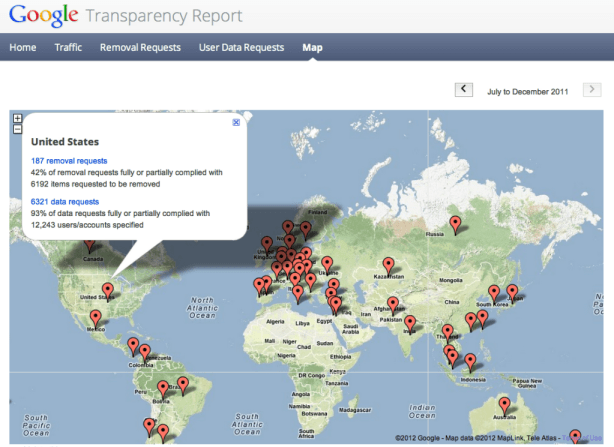
(image Edge.org) A month or so ago I had the pleasure of sitting down with Valley legend Marc Andreessen, in the main for the purpose of an interview for my slowly-developing-but-still-moving-forward book. At that point, I had not begun re-reading David Gelernter’s 1991 classic Mirror Worlds: or the Day Software Puts the Universe in a Shoebox…How It Will Happen and What It Will Mean.
Man, I wish I had, because I could have asked Marc if it was his life-goal to turn David’s predictions into reality. Marc is well known for many things, but his recent mantra that “Software Is Eating the World” (Wall St. Journal paid link, more recent overview here) has become nearly everyone’s favorite Go-To Big Valley Trend. And for good reason – the idea seductively resonates on many different levels, and forms the backbone of not just Andreessen’s investment thesis, but of much of the current foment in our startup-driven industry.
Read More








